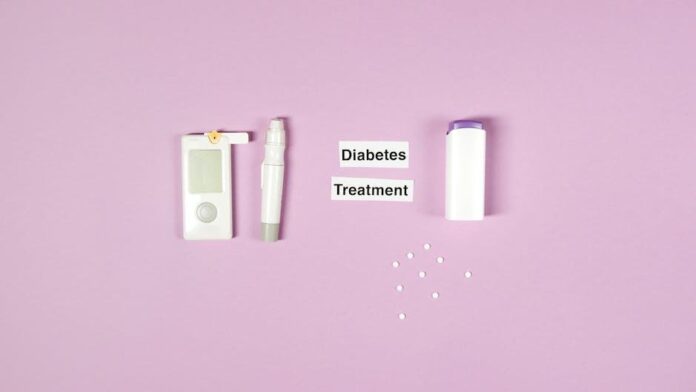
Lung cancer is the leading cause of cancer-related deaths worldwide, with an estimated 2.09 million new cases and 1.76 million deaths in 2018 alone, according to the World Health Organization. It is a serious and potentially life-threatening condition that requires early detection and prompt treatment.
One of the most alarming signs of lung cancer is coughing up blood, also known as hemoptysis. This symptom can be frightening and may indicate a serious underlying health issue. Understanding the signs and symptoms of lung cancer, including coughing up blood, is essential for early detection and timely intervention.
What is coughing up blood?
Coughing up blood is a symptom that occurs when blood is expelled from the lungs, airways, or upper respiratory tract through coughing. The appearance of blood can vary, ranging from streaks of blood in phlegm to a significant amount of blood being coughed up.
While coughing up blood can be a symptom of various conditions, it is important to seek medical attention immediately when it occurs, as it may indicate a serious health issue, such as lung cancer.
Causes of coughing up blood
Coughing up blood can be caused by a wide range of conditions, including respiratory infections, bronchitis, pneumonia, tuberculosis, and lung injuries. However, it can also be a sign of more serious underlying health problems, such as lung cancer.
Lung cancer occurs when abnormal cells grow uncontrollably in the lungs, forming a tumor that can interfere with the normal function of the lungs and spread to other parts of the body. Coughing up blood is a common symptom of lung cancer, particularly when the tumor is located in the bronchi or larger airways.
Other signs and symptoms of lung cancer
In addition to coughing up blood, lung cancer can present a range of other signs and symptoms that should not be ignored. These may include:
– Persistent cough
– Chest pain
– Shortness of breath
– Hoarseness
– Fatigue
– Weight loss
– Loss of appetite
– Wheezing
It is important to note that the presence of these symptoms does not necessarily indicate lung cancer, but they should prompt a visit to a healthcare professional for further evaluation and diagnosis.
Risk factors for lung cancer
Several risk factors have been associated with an increased likelihood of developing lung cancer. These include:
– Smoking: Cigarette smoking is the leading cause of lung cancer, accounting for around 85% of all cases. The risk of developing lung cancer increases with the duration and intensity of smoking.
– Secondhand smoke: Non-smokers who are exposed to secondhand smoke are also at an increased risk of developing lung cancer.
– Radon gas: The inhalation of radon, a naturally occurring radioactive gas, can increase the risk of lung cancer.
– Occupational exposure: Exposure to certain substances in the workplace, such as asbestos, arsenic, and diesel exhaust, can increase the risk of developing lung cancer.
– Family history: A family history of lung cancer may increase the risk of developing the disease.
It is important to be aware of these risk factors and take steps to minimize exposure whenever possible.
Diagnosing and treating lung cancer
If you experience any of the signs and symptoms associated with lung cancer, including coughing up blood, it is crucial to seek medical attention promptly. Your healthcare provider may conduct a series of tests to determine the cause of your symptoms and make a diagnosis. These tests may include:
– Imaging tests, such as chest X-rays and CT scans, to visualize the lungs and identify any abnormalities.
– Sputum cytology, to examine a sample of phlegm for the presence of cancer cells.
– Biopsy, to obtain a tissue sample for further analysis and confirm the presence of lung cancer.
Once a diagnosis has been made, the appropriate treatment plan can be established. The treatment of lung cancer may include surgery, chemotherapy, radiation therapy, targeted therapy, and immunotherapy, depending on the type and stage of the cancer.
Early detection is key
Early detection of lung cancer is essential for improving the chances of successful treatment and survival. If you experience any signs or symptoms of lung cancer, including coughing up blood, it is important to seek medical attention promptly. Remember that early detection can save lives.
In conclusion, coughing up blood is a concerning symptom that should not be ignored. While it can be caused by a range of conditions, including respiratory infections and lung injuries, it can also be a sign of more serious underlying health issues, such as lung cancer. Understanding the signs and symptoms of lung cancer, as well as the risk factors associated with the disease, is essential for early detection and timely intervention. If you or someone you know experiences coughing up blood or any other signs of lung cancer, seek medical attention promptly. Early detection can make a significant difference in the treatment and outcome of lung cancer.

















